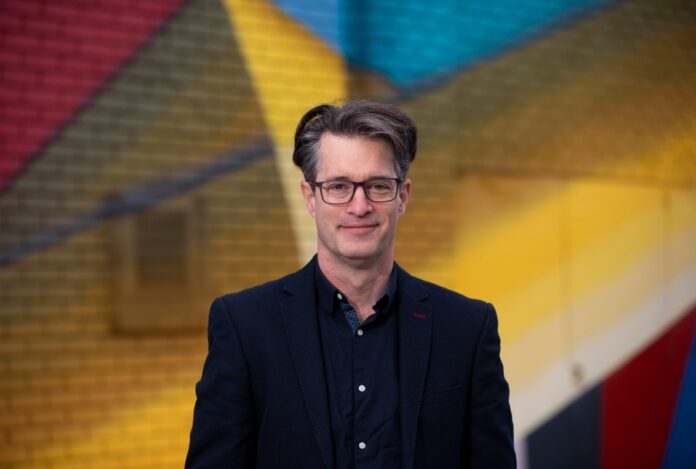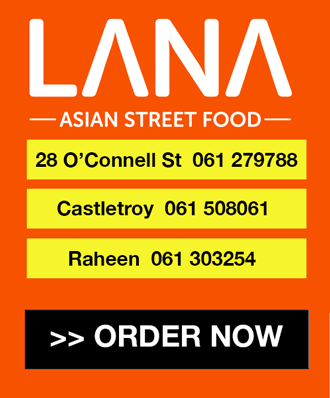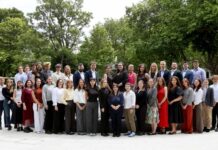
SOCIAL media and its role in creating ‘tribes’ of people will form part of the study focus of a University of Limerick researcher who has been awarded a €2 million funding grant.
The €2m in European Research Council funding will go towards investigating social polarisation. Professor Mike Quayle of UL’s Department of Psychology and a funded investigator with Lero, the UL-based Science Foundation Ireland Research Centre for Software, has been awarded an ERC Consolidator Grant for the ‘ID-COMPRESSION’ project.
The project seeks to make a fundamental breakthrough in social identity, social information, and social polarisation and will fund an interdisciplinary team of experts in psychology and maths, including several postdocs and fully funded PhD studentships a over five-year period.
This award is one of only seven ERC grants in Ireland in 2023 and one of just two awarded in the social sciences and humanities domain.
Professor Quayle explained of the project: “We urgently need to understand social polarisation to tackle pressing issues like climate change, and in planning how to respond to future events like pandemics. This is especially important since technological advances like social media and AI seem to be accelerating and amplifying polarisation in ways we do not understand well.”
“This ERC-funded project will explore a natural mechanism that might be the ticking heart of polarisation: social information compression. We start with the fact that society is comprised of individuals, each trying to make sense of a complex world. But where do they find their information? We know that people usually choose people like themselves to trust, and we recognise ‘our people’ by the attitudes they express.
“Since we tend to trust people much like ourselves, we are more likely to be persuaded by people who differ in a few small respects than by people with radically different perspectives. By aligning with people we already feel affinity to, and by feeling affinity with those we agree with, we create tribes of like-minded others and collectively create social information that encodes our social identities.
“How do we build cohesive societies and simultaneously reach consensus on how to deal with contentious issues? If successful, this project will deliver a model of polarisation that will help us tackle this question.
“For example, urgent action on climate change needs a large majority to be convinced that it is necessary and urgent to take action, but this consensus will be much less useful if it is concentrated in on partisan lines. By explaining how polarisation arises, and what it achieves, this model will give us new tools for addressing our most pressing social issues.”










